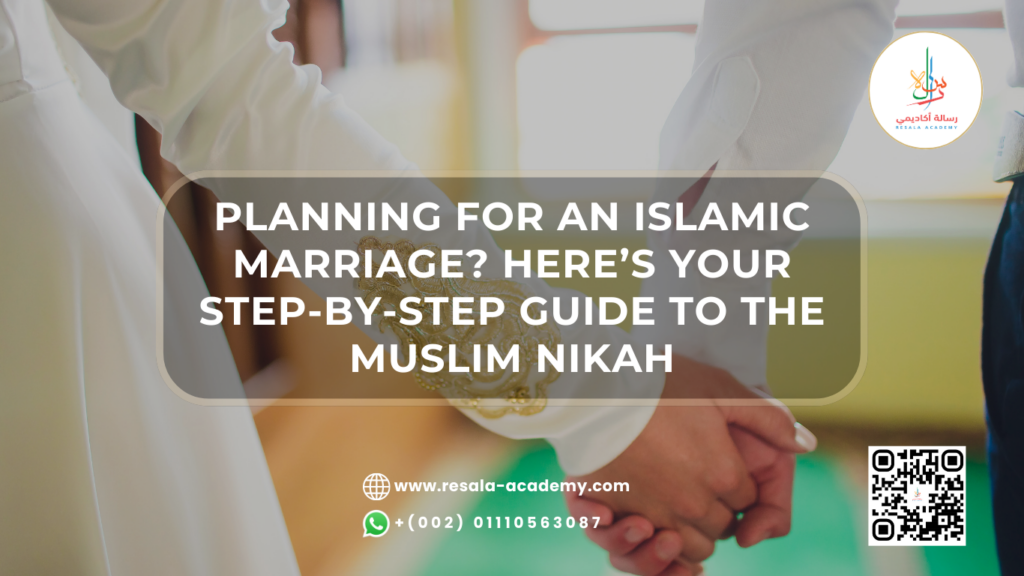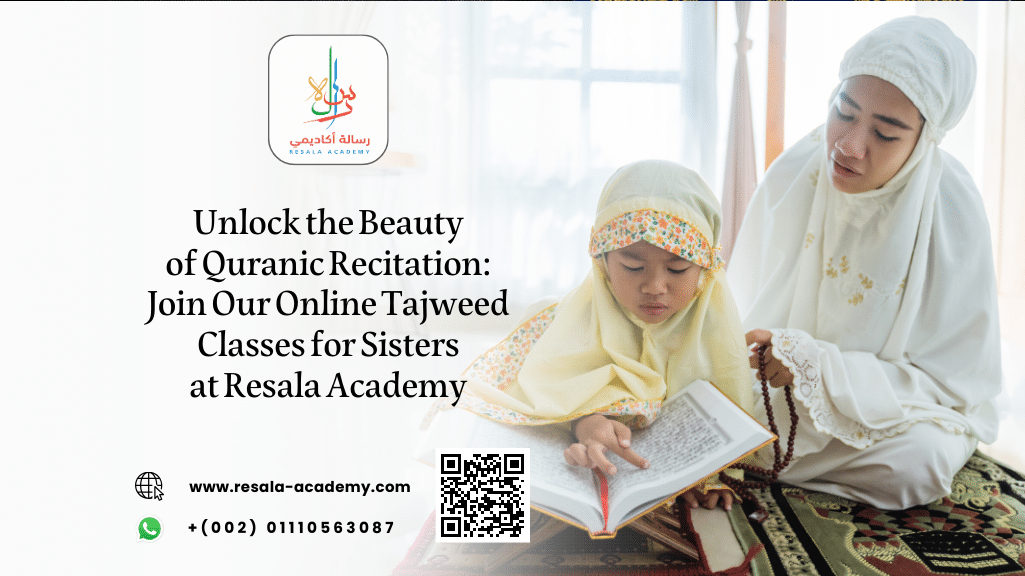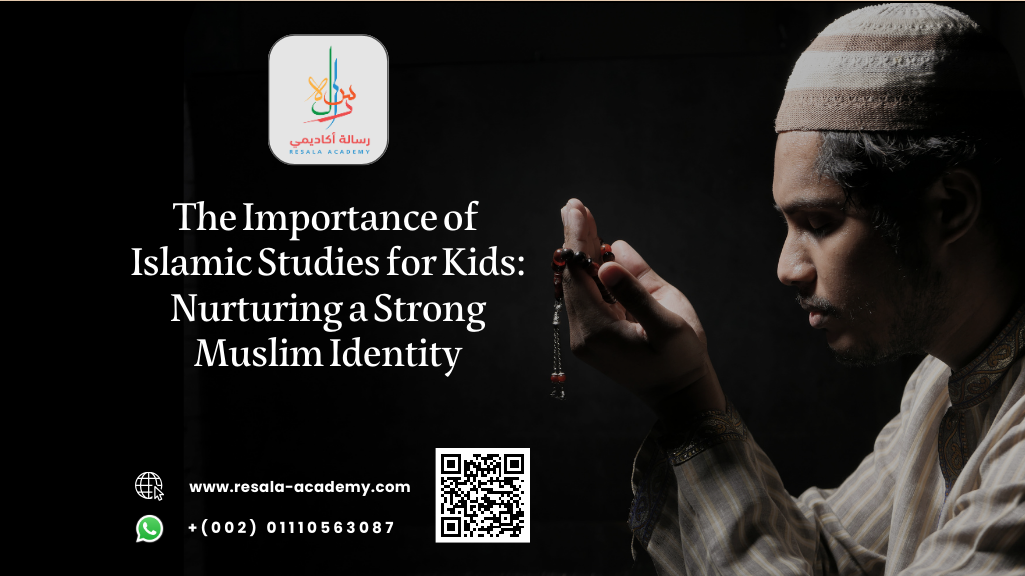Table of Contents
Planning for an Islamic Marriage? Here’s Your Step-by-Step Guide to the Muslim Nikah
Are you thinking of getting married? If so, congratulations! Marriage is a beautiful and blessed path in life. As Muslims, we need to remember that we always have the blessing of Allah on our side as we embark upon this new journey. That said, planning an Islamic marriage can be a complex process involving several religious rituals and guidelines that are necessary to make sure your nuptials are rooted in faith, driven by love and respect, and acknowledged within our community. Here’s your step-by-step guide to help you plan the perfect Islamic marriage – one that honors the values of Islam while providing a joyous union between two individuals committed to joining their lives together according to divine wisdom.
Overview of the Muslim Nikah – What it is and What it Symbolizes
The Muslim Nikah is a sacred ritual that signifies both the religious and social aspects of marriage in Islam. It is an Islamic contract between two Muslims, typically officiated by an Imam or qualified scholar. The contract outlines the rights and responsibilities of each partner as well as their mutual commitment to love, honor, respect, fulfill each other’s rights, and treat each other with kindness and compassion.
The Nikah represents the legal contract of marriage in Islamic law and is usually accompanied by a written document that outlines each partner’s rights and responsibilities within the marriage. The ceremony itself begins with an opening prayer for the couple followed by a sermon about the importance of marriage in Islam. After the sermon, the bride and groom exchange rings or symbolic objects as a reminder of their commitment.
The Nikah is an important part of Islamic culture, teaching individuals to live in harmony with each other and respect each other’s rights. It symbolizes the union between two people and the strength of their bond. The ceremony is meant to be a joyous occasion and is usually celebrated with family and friends. The Nikah also serves to give the couple spiritual guidance throughout their marriage.
At its core, the Muslim Nikah is meant to be a lifelong commitment between two people to love each other unconditionally and practice Islamic values in their homes. It is an opportunity for couples to start their lives together in a meaningful and joyful way.
The Muslim Nikah is an integral part of the Islamic faith and can serve as a beautiful reminder of commitment and growth for couples who enter into it. It provides a strong foundation for creating strong, lasting relationships based on mutual respect, understanding, and love. That said, it is important to remember that while the Nikah is a powerful symbol of love and union, it is only one part of the larger journey of marriage. It should be revered and celebrated as such.
The Muslim Nikah offers many couples an opportunity to come together in a spiritually meaningful way, creating an atmosphere for a successful and fulfilling marital life. It is a sacred obligation that should not be taken lightly and the couple must work together to make it an enduring commitment. The Muslim Nikah helps couples to start their marriage on strong footing, strengthening their ties and creating a lasting bond of love, respect, and union.
In short, the Muslim Nikah is a sacred Islamic ritual that symbolizes the commitment between two people. It is an opportunity for couples to start their marriage on a strong footing and with mutual respect, understanding, and love. The Muslim Nikah can serve as a beautiful reminder of commitment and growth for couples who enter into it and create a strong foundation for creating strong, lasting relationships.
The Meaning Behind the Wording of the Muslim Nikah – Explaining the significance of each phrase
The use of certain words and phrases is integral to the Muslim Nikah, or marriage contract. The words used in this contract are not just chosen randomly but rather have specific meanings that should be understood by both parties involved. Here is a breakdown of the common phrases used in most modern Muslim Nikahs, along with their respective interpretations:
- Ismi: This phrase, which translates to “my name” in Arabic, refers to the groom’s full name and is a declaration of his identity as the husband during the ceremony.
- Haqqi: The term “Haqqi” literally means “my right” or “my due,” and is used when the bride receives her due from her husband as outlined in the contract.
- Liqa: This phrase, which translates to “my parting” in Arabic, indicates the groom’s vow to never desert his wife during their marriage.
- Wali: This word refers to the presence of a guardian or representative of both parties during the ceremony. It is often used to ensure that both the bride and groom are comfortable with their union and that all relevant conditions set out in the contract have been agreed upon by all parties involved.
- Wahed: The term “Wahed” means “one” in Arabic, and it is used to describe the unity of the couple throughout their marriage.
- Mahr: This phrase, which translates to “bride price” in Arabic, refers to the amount that a bride’s family agrees to pay or give as dowry for her. The amount will vary from culture to culture, but it is usually quite substantial.
- Rukhsa: This term, which translates to “release” or “permission” in Arabic, is used to indicate the bride’s consent and willingness to enter into the marriage contract with her groom.
- Salaam: The phrase “Salaam” means “peace” in Arabic, and it is used after the marriage contract to symbolize peace between the couple and their families.
By understanding these phrases, couples can better grasp the significance of each word and phrase within a Muslim Nikah. In doing so, they can ensure that their union is founded on Islamic principles and that they are both held to their respective obligations during the marriage, thus setting a strong foundation for a lifelong commitment.
The Must-Have Elements for a Valid Islamic Nikah Ceremony – Requirements necessary for validity
- Both parties: An Islamic Nikah ceremony must involve two willing, mature, and capable individuals. Both of these individuals must have the capacity to enter into a valid marriage contract under Islamic law and have reached the age of majority in their respective countries.
- Two witnesses: For an Islamic Nikah ceremony to be considered valid, two witnesses must be present at the time of the marriage contract. The two witnesses should be respected members of society who will act as legal guardians for the couple if needed.
- Financial agreements: To protect both parties involved in the Islamic Nikah ceremony, financial agreements and terms must be discussed beforehand and agreed upon by both parties. These agreements should include the couple’s rights and obligations, such as maintenance and inheritance.
- Signed document: A signed marriage contract by both parties is required after all agreements have been met to make sure that the marriage is legally binding under Islamic law. This document will serve as evidence of the marriage and can be used to settle any disputes that may arise in the future.
- An Islamic cleric: An Islamic cleric must be present to oversee and officiate the Nikah ceremony, as well as ensure that all of the required elements are met for it to be valid. The cleric should also advise both parties on their rights and obligations under the marriage contract.
- Religious elements: An Islamic Nikah ceremony must include several religious elements to be considered valid and binding under Islamic law. These may include the recitation of certain Surahs from the Qur’an, and specific prayers, as well as giving advice and counsel on what it means to be married according to Islam.
- Pronouncement: The cleric must then pronounce the couple as legally married in front of witnesses, which will officially announce their marriage and makes it binding under Islamic law.
By following these requirements, a valid and binding Islamic Nikah ceremony can be conducted. If any element is absent or not properly fulfilled, then the ceremony may not be considered to be legally binding. It is important to consult with an Islamic cleric or lawyer to ensure that all steps of the Nikah ceremony are properly conducted. Once these elements have been fulfilled, the couple will be officially married and can enjoy a happy life together by Islamic law.
Etiquette Tips for Guests attending an Islamic Nikah Ceremony – Respectful behavior to observe during the ceremony
- Dress modestly and respectfully: Islamic traditions suggest that wedding guests should dress modestly, as a sign of respect to the couple and their families. This is especially important for women who are expected to cover their arms, legs, and hair. Colorful clothing is welcomed at most ceremonies, but avoid wearing any overly flashy or revealing pieces.
- Take your shoes off: In most Islamic traditions it is customary to take off one’s shoes before entering the Nikah ceremony space. This is a sign of humility and respect for the house of worship or the home in which the ceremony takes place.
- Be courteous: Guests should try their best to be courteous throughout the ceremony, avoiding any loud talking or disruptive behavior. If you must leave the space at any point during the service, be sure to do so quietly and discreetly.
- Don’t bring gifts: Unless explicitly asked by the couple or their families, it is not expected for guests to bring gifts. If you do choose to bring a gift, make sure it is something appropriate for the Islamic faith such as books on Islamic history or culture.
- Refrain from photography: Taking photographs during the Nikah ceremony is not allowed unless given explicit permission by the couple or their families. Even then, try to be discreet and respectful when taking any pictures.
- Respect the couple’s privacy: After the ceremony, it is important to remember that the couple will likely want some time alone, so be sure to give them their space during this special moment.
- Offer congratulations: Once given the opportunity, offering a congratulatory hug, handshake, or warm embrace to the couple is a great way to show your appreciation and respect for their special day.
Following these etiquette tips will help ensure that guests attending an Islamic Nikah ceremony are respectful and courteous throughout the proceedings. Wishing the newly married couple all the best in their future together!
Advice on Preparing for a Successful Muslim Marriage – Pre-nikah considerations that ensure success in marriage
- Choose a partner that shares your values, beliefs, and interests. This is important to ensure that you will be able to build a strong bond based on mutual understanding and respect. Take the time to get to know one another before making any commitments.
- Seek help from respected family members or spiritual leaders when selecting and negotiating a partner. This will help to ensure that the process is conducted by Islamic principles, and can help prevent any potential problems later on.
- Discuss important issues in advance such as housing arrangements, financial considerations, children, and expectations of each spouse’s responsibilities in the marriage. These topics should be discussed openly and honestly so that expectations are realistic and understood by both parties.
- Schedule an appointment with a marriage counselor to discuss any issues or concerns that would affect the success of the union. A good counselor can help to identify potential conflicts and offer advice on how to work through them productively.
- Understand the importance of the dower or mahr before the marriage is finalized. The mahr should be reasonable and agreed upon by both parties.
- Make sure that both spouses understand the Islamic requirements for obtaining a valid nikah, or marriage contract. This includes at least two witnesses of good character, consent from both parties, and an agreement to fulfill the terms and conditions of marriage as outlined in Islam.
- Make a commitment to communication and compromise by both parties. A successful Muslim marriage is based on mutual respect, understanding, and acceptance of one another’s views. Compromise will help to ensure that both spouses are satisfied with their union.
- Pray regularly and seek guidance from Allah (SWT). This will help to ensure that both spouses are on the same page and can cultivate a strong spiritual connection together.
Taking the time to properly prepare for your marriage is important in ensuring its success. By following these tips, you can increase your chances of developing a successful Muslim marriage that will last a lifetime.
Common Questions about the Muslim Nikah – Understanding the rules and regulations
Q: What is the legal age for marriage?
A: The minimum age for marriage in Islamic Law is 18 years old for both the bride and groom. In some countries, exceptions may be made by a court of law with parental consent.
Q: Is there a need for witnesses at the wedding?
A: Yes, two Muslim adult males are required as witnesses at the Nikah ceremony. The groom and his guardian must sign the marriage contract (Nikah) in front of these two male witnesses for it to be valid.
Q: How should a bride/groom dress for their wedding?
A: It is important to observe modest clothing during the Nikah ceremony. The bride and groom should wear clothing that is modest, dignified, and appropriate for the solemn occasion.
Q: What type of gifts are given during a Muslim wedding?
A: Gifts such as money or gold are often presented from the family of the groom to the bride at the time of marriage. It is also customary for close friends and family to give the couple useful household items such as linens, utensils, or furniture.
Q: What is the process of registering a marriage?
A: It is important to register your marriage with the local government authorities for it to be legally recognized. The Nikah should be stamped and sealed by an official authority for it to be valid.
Q: Are there any restrictions on the amount of dowry a bride can receive?
A: The amount of dowry is determined by mutual agreement between the spouses, but it should not be excessive. The Quran forbids extravagant and excessive expenditures in marriage so that no one is put under undue financial burden.
Q: Are there any restrictions regarding the number of spouses a person can have?
A: Polygamy is allowed in some countries, but Islamic law limits the number of wives a man can have to four. The husband must be able to provide for his wives equally and treat them with justice and fairness. If he is unable to do so, he is not allowed to take a second wife.
Q: Are there any rights of inheritance for the wife?
A: Yes, Islamic law grants the wife certain rights of inheritance from her husband. These include a fixed portion of the estate upon his death and any other gifts or property that she had been given during the marriage. She also has the right to receive financial support from her husband during marriage.
Q: Are there any special prayers or blessings at a Muslim wedding?
A: Yes, it is customary for relatives or friends of the couple to give them special prayers and blessings before and after the Nikah ceremony. In some countries, it is also customary to recite verses from the Quran or some other religious text. These prayers and blessings are meant to bring good fortune and happiness to the couple in their married life.
Q: Is there a need for a prenuptial agreement?
A: Although not required, it is recommended that couples sign a prenuptial agreement before getting married. This agreement should outline the rights and responsibilities of both spouses, as well as financial arrangements to protect their interests in case of separation or divorce. The prenuptial agreement should also be registered with a court of law to be legally binding. This will ensure that each spouse is aware of their rights and obligations before they enter into marriage. It is also useful in protecting their interests in the event of the dissolution of the marriage. Prenuptial agreements are not only for wealthy couples but can be beneficial to any couple who wishes to protect their legal rights and financial interests. Such agreements can help to eliminate any potential conflict in the future.
Resala Academy offers online Islamic courses
These courses include an extensive library of Islamic content and a wide range of online learning tools. Our online Islamic courses are designed to help learners gain a better understanding of their faith, and become more confident in their practice. They provide students with basic knowledge about Islamic beliefs, practices, and teachings; as well as insights into the historical development of Islam. Through our courses, learners gain knowledge about Islamic spirituality, the Quran, Hadith, and its interpretations. We also offer classes on the practical aspects of Islam such as prayer, fasting, and charity. Our online Islamic courses are designed to be interactive and engaging, providing students with opportunities to ask questions and discuss topics with their peers or teachers. We also offer online educational activities and quizzes to help learners better consolidate their knowledge.
At Resala Academy, we strive to provide the best learning experience possible. Our courses are designed to be flexible and accessible; allowing students from all over the world to learn in their own time and at their own pace. Our teachers are experienced and knowledgeable, making sure that our students have the best learning experience possible. In addition, we offer online support to our learners and guide their studies. We aim to give each student a comprehensive understanding of Islam while providing an enjoyable learning experience.
Our courses are designed to help students gain confidence in their practice and learn how to apply Islamic principles in their daily lives. By taking our courses, students gain a better understanding of the Islamic faith and become more knowledgeable about their religion. We hope that by providing these online Islamic courses, we can help our learners to develop a deeper connection with their faith and lead more fulfilling lives. Our goal is to allow each student to learn at their own pace and in a comfortable, supportive environment. We strive to make sure that our students have the best possible experience while learning about Islam. We want to ensure that they gain an understanding of their faith that will remain with them for life.
Conclusion
Marriage is a major milestone in life, and it is important to ensure that both parties are properly protected. A prenuptial agreement can be beneficial to couples of all backgrounds by helping them protect their legal rights and financial interests. Furthermore, Resala Academy offers online Islamic courses which can help learners gain a comprehensive understanding of the faith while providing a supportive and engaging learning environment. With the help of these resources, couples can gain an understanding of Islamic teachings and principles to lead more fulfilling lives. The information provided here is intended to serve as a helpful guide only and should not be construed as legal advice. We recommend that all parties seeking prenuptial agreements contact a qualified lawyer to ensure that their rights and interests are properly protected. Thank you for your time. We hope this information has helped us understand the importance of prenuptial agreements and how online Islamic courses can help couples develop a deeper connection with their faith. Thank you again for reading!




